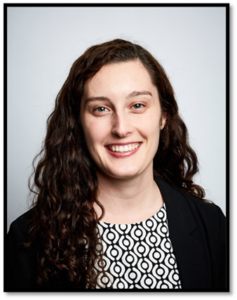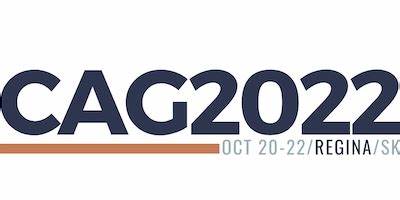Attending the Canadian Association on Gerontology 51st Annual Scientific and Education Conference
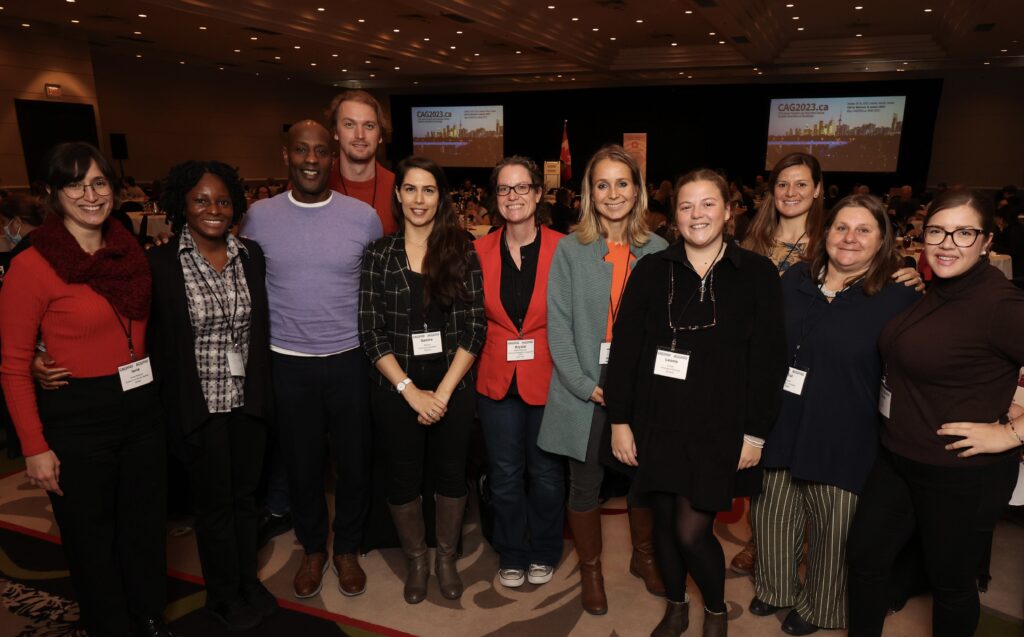
On Tuesday 18th October, 12 Early Career Researchers (ECRs) representing projects within the Healthy Ageing Challenge: Social, Behavioural, and Design Research Programme, travelled to Regina, Saskatchewan in Canada for the Canadian Association on Gerontology (CAG) 51st Annual Scientific and Education Conference.
Professor Judith Phillips (University of Stirling), Professor Norah Keating (University of Alberta), Associate Professor Elizabeth Russell (Trent University), Professor Mary Pat Sullivan (Nipissing University), and Associate Professor Elaine Douglas (University of Stirling) led a preconference workshop entitled “Developing International Collaborations in Healthy Ageing Research” on Thursday 19th October.
The workshop aimed to inform delegates on ways to build international connections, how to work with and lead international research teams, and the best ways to engage and present yourself at international conferences.
All 12 ECRs attended the workshop where they were joined by 15 Canadian delegates representing various Universities and businesses across Canada.
The following day, all 12 ECRs took part in The Healthy Ageing Challenge: innovative, interdisciplinary approaches to social, behavioural and design research with impact on practice Symposium. In addition, a few ECRs also delivered their own paper or poster. Dr Lisa Davison (University of Stirling) proudly took home the CIHR ‘Postdoctoral Category Student Poster Competition’ award, while Dr Nicole Dalmer (McMaster University) won the ‘New Investigator’ award.
Freshly returned from Saskatchewan, Canada – 12 researchers from across Scotland, Northern Ireland, Wales and England by Dr Tot Foster
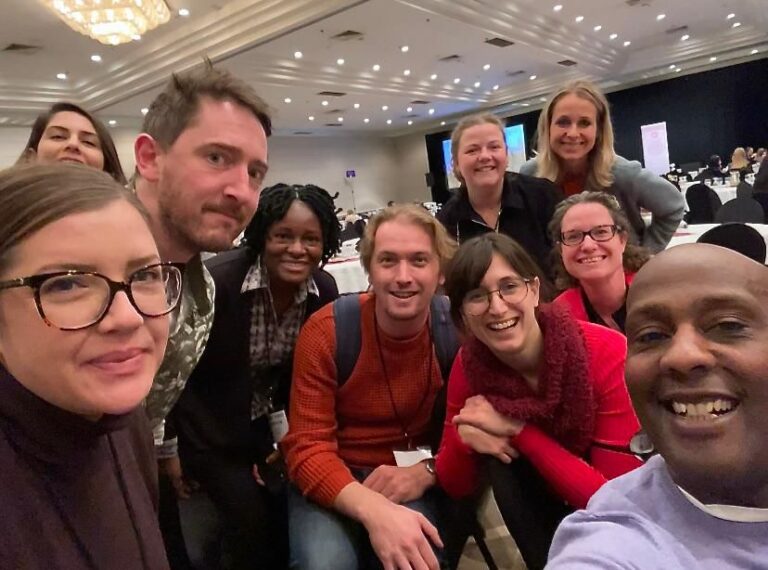
Representatives of 6 Healthy Ageing Challenge research projects, we were all attending the CAG (Canadian Association of Gerontologists) conference to share knowledge and practice. Judith Phillips and Elaine Douglas organised the trip for Early Career Researchers on the projects to make international connections and see how they do it over the water. That was certainly achieved with workshops, deep conversations and nights out with Canadian researchers. But also, we got to know more about the cohort of projects in the UK, spend time with one another informally and exchange experiences.
I landed in Regina early morning – this was not a holiday destination; brown wheat fields stretched for miles in every direction, the airport with no public transport. The conference hotel was on a four-lane road between a shopping mall and a large casino. It’s beyond cold in winter and too hot in summer so the car is king; implausibly wide streets and parking lots everywhere. But be-lying this first impression is a city that is warm, friendly and welcoming as I discovered in my pre-conference walk around town – it’s so easy to talk to anyone. And as the delegates arrived from all corners of Canada, I felt confident to strike up conversations. For me those 3 days of incidental chats and the fresh perspectives they offered were the highlight of the conference. Understanding points of commonality and difference in both research and national cultures has shed light on my own work with older people and their engagement with cultural activities. After a stunning first-night hoop dance by Terrance Littletent (you can see a filmed version here https://www.youtube.com/watch?v=bLyq3sRnfpg) there followed 2 days of intensive paper sessions. I particularly loved the project from a team at the University of Fraser Valley; working with children creating portraits of people who are old and who have dementia. The chalk pastel artworks spoke for themselves about how negativity about ageing and fear of dementia creeps in as children grow up. I gave two papers myself; as an Early Career Researcher and post-COVID these were the first full conference papers I have given in person. One was part of the Healthy Ageing Challenge symposia. Although I was nervous it was great to share what we’ve been doing with a wider audience, and to meet colleagues across the UK projects in person as we presented together. We all share methods based on co-design and having time to talk one-to-one has precipitated plans for further conversations. The previous day Judith and Norah Keating had organised a workshop with around 30 attendees – British and Canadian – about how we can develop international connections and collaborations. People we met there came to the symposia – future online get togethers are going in the diaries. So all-in-all a great few days. The night before we left the snow arrived marking the end of autumn – as the taxi took us to the airport the roads were slushy and trees caked white. Sad to be heading home but I definitely need some alone time!
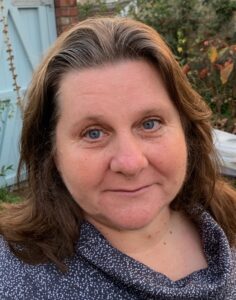
Dr Tot Foster is a researcher with a background in documentary filmmaking. Her PhD focused on how to support small charities to produce their own content.
Tot currently works with older co-researchers on Connecting Through Culture as we Age at the University of Bristol, and on EU3Digital – an Erasmus+ project on digital skills for the European third sector. Recently, Tot has started working on an experimental project to connect older people socially and re-mobilise their latent skills under the UKRI Healthy Ageing Catalyst Award scheme.
Tot is particularly interested in co-design, inclusion, participatory methods and the role of craft activities in later life.
Greetings from Saskatchewan! by Dr Julie Beadle
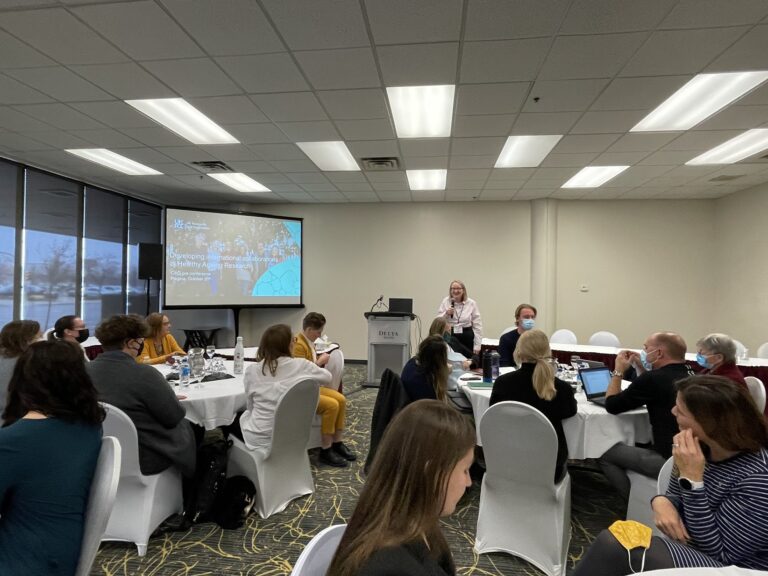
Hello! My name is Julie Beadle and I currently work as a Postdoctoral Researcher in the Audiology and Speech Sciences Department, University of British Columbia, Vancouver, Canada.
In October this year I attended the 2022 Canadian Association on Gerontology Conference in Regina, Saskatchewan. I was fortunate to attend a preconference workshop, Developing International Collaborations in Healthy Ageing Research, where I had the opportunity to connect with a group of early career researchers from the UK Healthy Ageing Challenge. The workshop included presentations from Professor Judith Phillips, Professor Norah Keating, Professor Mary Pat Sullivan, and Dr. Elizabeth Russell, as well as small group discussions. One theme that stood out to me during the workshop was relationships.
Relationships
Many strategies for developing and maintaining international research partnerships were presented and discussed at the workshop. One presenter highlighted the “mingle with anyone” approach in that at conferences they typically look for people who are alone at their poster or at the social hour and start up a conversation. Alternatively, some researchers preferred having a look at the program and identifying 3-5 people that they plan to connect with at the conference.
Regardless of how you decide to connect with other researchers, following up after the conference is important for maintaining the relationship. Professor Norah Keating advised sending email follow ups to anyone you are interested in staying in touch with on the flight home, before you are once again presented with day-to-day responsibilities – a practical and important tip. If connecting with collaborators on video calls, try to schedule time for an informal catchup at the beginning or end of the call. A willingness to wake up earlier (or stay up later) on occasion can also help to facilitate long distance communication and collaboration.
One attendee recommended selecting collaborators like you would select a potential partner or spouse – is this person nice/genuine? Are they replying to my communication promptly? Are there any red flags? All questions to consider before jumping into a long-term collaboration relationship. This prompted a discussion on the potential for a dating app for international research collaborations… trademark coming soon.
Additionally, all of the presenters highlighted the importance of including a cocktail hour or teatime as part of academic gatherings. This is where people often feel most comfortable to connect with each other, allowing long-term working relationships to be formed.
CAG Conference Highlights
Outside of the workshop, I enjoyed attending one of the Healthy Ageing Challenge symposiums, where I was impressed by the multidisciplinary, team-based approach to the projects and presentations. I also enjoyed attending a symposium that focused on diverse approaches to dementia inclusive communities, where several of the projects had persons with dementia participating in the entire research process, including the conference presentation. Aiming to include individuals with lived experience as partners in research was another key takeaway from the CAG conference. Overall, I had a very positive experience at CAG and I am looking forward to the next conference!
